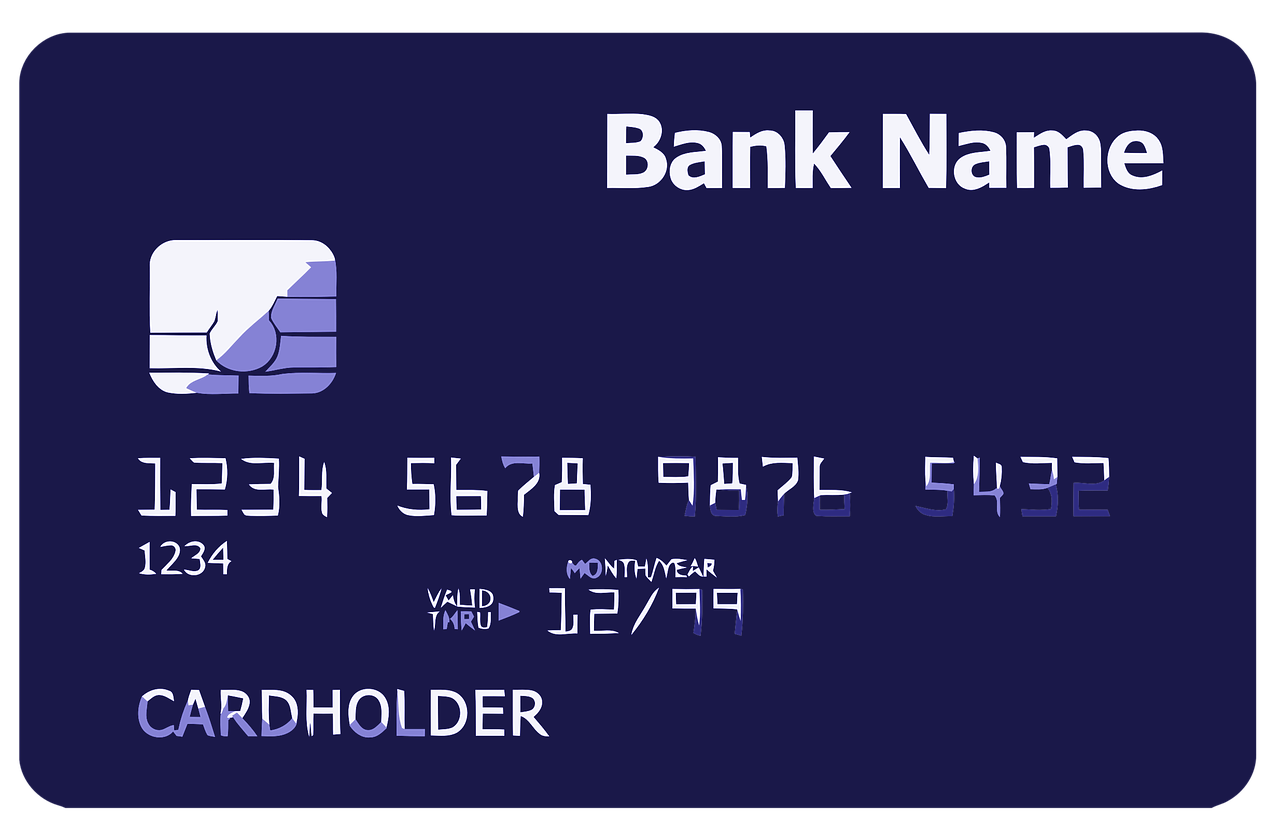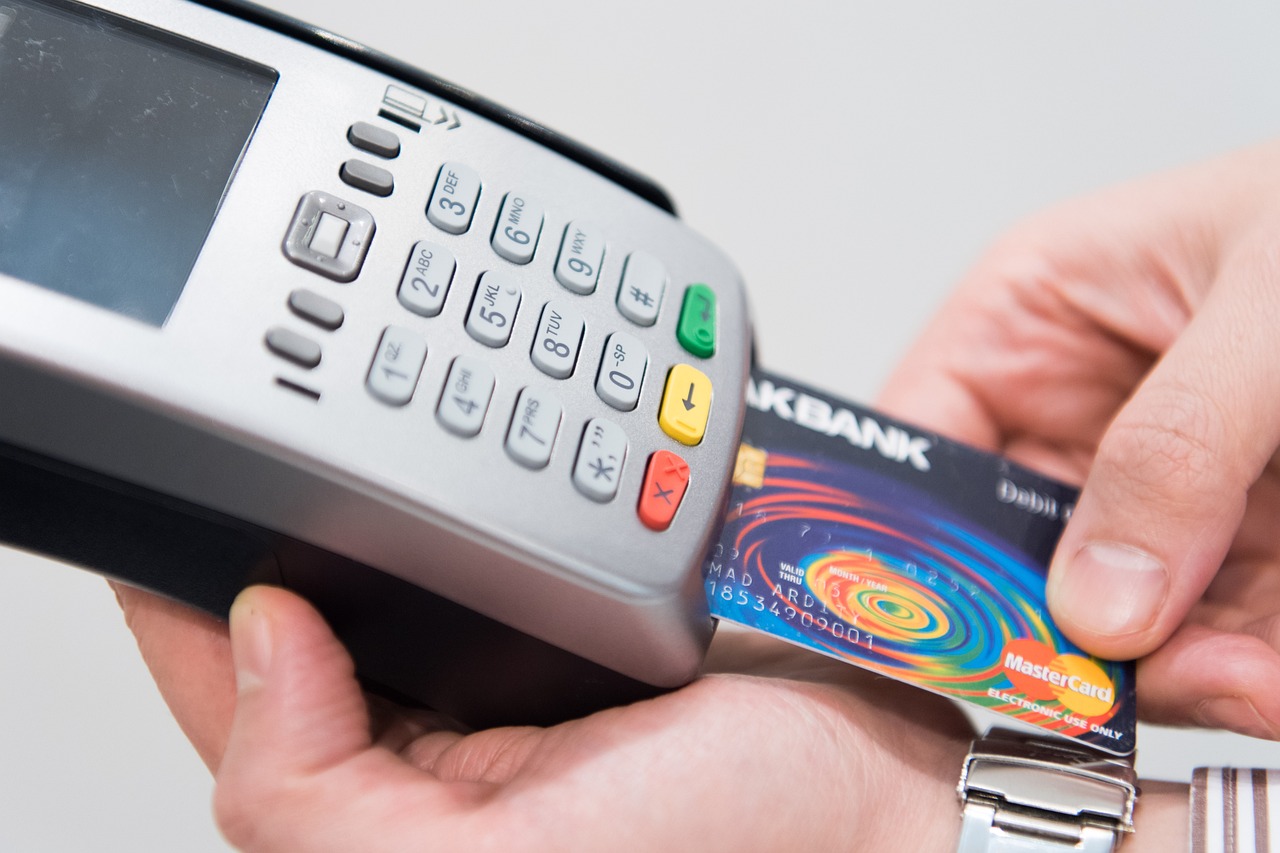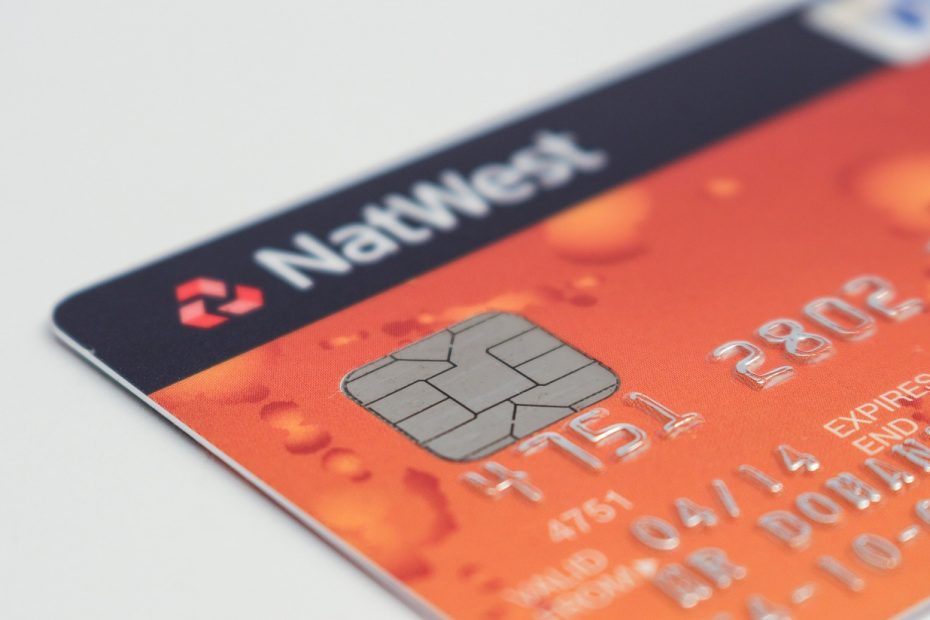High-risk businesses should anticipate having to pay higher costs for rates and fees associated with payment services. Businesses should expect to pay 2% over the cost of traditional merchant accounts, while also anticipating 18-month contracts. Lower-risk businesses should anticipate lower costs with fewer associated fees.
Rolling reserve refers to a policy utilized by merchant account providers that protect against chargebacks. Rolling reserves play a substantial role in high-risk credit card processing. High-risk merchants often experience a rolling reserve placed on an account, particularly when new accounts without processing histories are involved. Reserves refer to accounts where a portion of transaction funds are held in “reserve” to pay for any chargebacks or fees that processors cannot receive from sellers.
While many smaller businesses find rolling reserves a challenging concepts, these reserves are critical or otherwise, processors might not accept high-risk merchants.
The Nature of High-Risk Credit Card Companies
High-risk credit card processing companies let businesses with high-risk merchant accounts accept payments with credit cards. As compared to traditional providers, high-risk credit card processing involves more nuanced underwriting and has a higher approval process.
Banks view certain kinds of businesses as at an elevated risk rate compared to others. High-risk merchants are viewed as businesses that fail to meet standard credit card processing requirements and require additional attention from financial institutes. Some factors that must be evaluated include risks involved with approving a high-risk merchant account and the business’s processing history.
Many larger credit card companies decline to accept high-risk merchant accounts. This restricts the option for businesses that are likely to be classified as high-risk.
What Industries Are Categorized As High-Risk
Businesses are often categorized as high-risk as a result of the goods or services that they sell. Merchants with poor credit histories or that have recently filed for bankruptcy are also at risk of being classified as high-risk.
Some of the most common high-risk industries include:
- Adult entertainment
- Credit repair
- E-cigarette and smoking
- Medical marijuana and CBD
- Nutraceuticals
- Travel and timeshare
Each financial institution is responsible for creating its criteria for what constitutes a high-risk merchant. Some companies even categorize any “startup” online business as high-risk.
High-Risk Credit Card Company Processing Fees
After accepting that your business is categorized as high-risk, you should then determine what types of credit card processing fees your business will end up paying. High-risk credit card processing costs more than low-risk credit card processing.
Most high-risk credit card company processing fees are 3.5% and over, feature a three-year contract term, either an early termination fee and/or a liquidated damage clause, and a rolling reserve. Consider the following:
- Early termination fees are charged if a business cancels its merchant account before a contract is completed
- Liquidated damages refer to credit card processing fees for average amounts multiplied by the remaining duration left on a contract.
- Rolling reserves hold a small portion of a business’s gross sales in a non-interest-yielding account for a fixed time before funds are given to a merchant.
- Interchange plus fees are charged by a purchaser’s issuing bank and vary based on several factors. An interchange plus fee is often a portion of the transaction cost as well as a fixed amount that is less than a dollar.
- Assessment fees are paid to the credit card provider to pay for the review of the data that the buyer sends to the gateway.
- Payment processing fees are often based on a pricing structure. Some payment structures prove more helpful to businesses as opposed to others. Make sure to review the details of a payment structure with your provider.
Taking Adequate Steps to Protect Your High-Risk Business
Accepting credit card payments is one of the most critical services that online businesses can offer. High-risk merchants should be aware of all details concerning their merchant account as well as their chargeback ratios.
Some of the best tips that businesses on the search for high-risk credit card companies should follow include:
- Adequately inform your provider. Make sure that providers appreciate what your business sells as well as your associated sales and marketing services. If a provider does not accept your business’s industry, you should keep looking for another service provider.
- Maintain two or more active merchant accounts. All high-risk merchants should maintain at least two active merchant accounts with each being offered by a different provider. Businesses can never anticipate when underwriting guidelines might be altered adversely. Having one or several backup accounts often proves helpful.
- Make sure to renegotiate contracts. High-risk credit card companies underwrite applications in consideration of a business’s processing history. If a business is new and does not have a processing history, the business’s account will likely be viewed as riskier and the business will be offered mostly costly and more limited terms. High-risk credit card companies that have three months of history to review can often offer a better deal.

How Businesses Can Obtain High-Risk Credit Card Processing Services
If your business is interested in integrating high-risk credit card processing, you should understand how the application process often proceeds. You should expect that the following steps will be involved in the process:
- The business completes an application, which often can be found in a digital form on the provider’s website. The application will be used by the company to decide whether a business qualifies for a partnership and offers a glimpse into the challenges associated with accepting the business as an applicant.
- High-risk credit card companies will then require the applicant to provide accurate services. The company will likely request several documents to better analyze a business, which might include transaction details, credit histories, and various pieces of identification.
- If the provider accepts the applicant, the business’s application will then be approved. Following approval, a business should review its contract (with the help of an outside professional, if necessary) to determine what services are being offered to your business.
Factors to Consider When Picking a High-Risk Credit Card Company
High-risk credit card companies offer various services that can prove helpful to businesses. Unfortunately, not all high-risk credit card companies are to be believed, and sometimes end up scamming or overcharging businesses. Some details that businesses must review when considering high-risk credit card companies include:
- Rates. High-risk credit card companies often charge higher regulations than other credit card processing companies. Businesses can expect to be charged a certain amount each month which might include higher processing fees, an interchange rate for each transaction made, a minimum required amount, and a termination fee if the company decides to terminate services before they end.
- How long the process will take. Your business should know how long it will take for your credit card company to provide services. Understanding this timeframe will help your business better prepare.
- Communication style. The best providers will help your business appreciate its pricing structure and services offered. If you have any questions during the application process, the best providers will communicate with the business about all the small involved details.
- Technological support. High-risk credit card processing companies offer new and cutting-edge technology that stands out from the crowd. For example, digital payment methods are offering clients an easier time paying with their smartphones, which is why high-risk merchants should consider options that offer these services.
- Quality of Services. The best credit card service providers should meet all of a business’s requirements. This is another reason why businesses should make sure to include all important factors to the provider during the application process.

The Features of High-Risk Credit Card Processing Companies
High-risk credit card processing companies offer various features to make sure that transactions remain secure, the risk of fraud is lowered, and chargeback ratios decline or are eliminated. These features also help businesses perform efficient and secure operations.
Features are tailored to match a merchant’s needs too. Some of the details about high-risk credit card processing that businesses should consider include:
- Security. Chargebacks were created to help users and financial institutes feel safer about credit card payments. Security features help businesses reduce the chances of facing chargebacks. High-risk credit card processing companies offer businesses various security features, which often include tokenizations, biometrics, and compliance with security standards for online payments.
- Modern technology. Credit card payment processing occurs at more places than online. If you have a brick-and-mortar store, it can help to locate a provider that offers various payment methods for in-store checkouts involving a card. This leaves many hardware options open.
- Detailed reporting. Obtaining accurate and detailed credit card payment reporting provides high-risk merchants with the power to make important business decisions. Credit card payment processors must provide real-time reports to businesses.
- Invoicing assistance. Any aspect that makes it easier for customers to proceed through the payment process makes the customer more inclined to perform a purchase. If a business’s system has any obstacles, a customer’s odds of abandoning his or her shopping cart increase.

Contact a High-Risk Credit Card Company Today
Credit card processing is a quick and easy method of processing cashless payments. Any business interested in making the most of these services should make sure to find a high-risk merchant credit card company that can function as the go-between between acquiring and issuing banks.
Each provider has its rates and features, which is why businesses need to locate a service that best suits a business’s needs.


